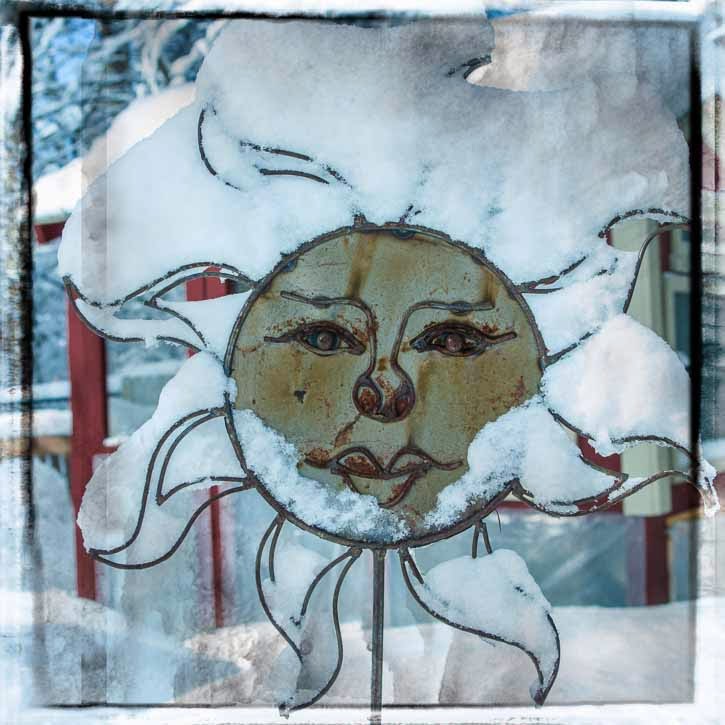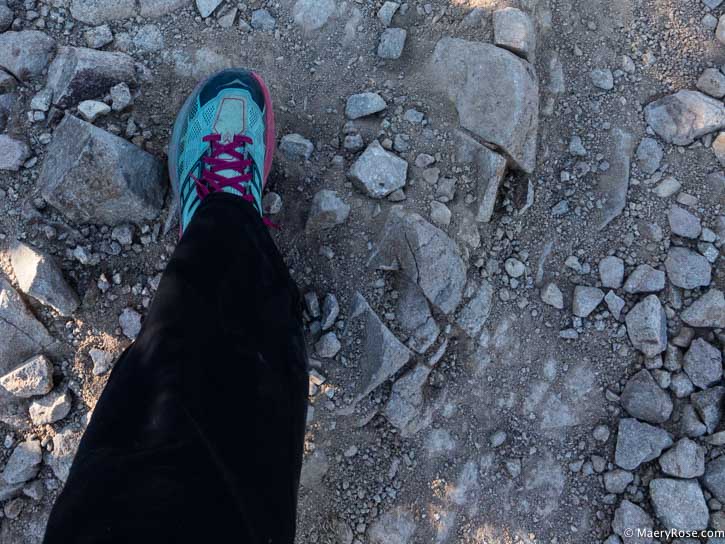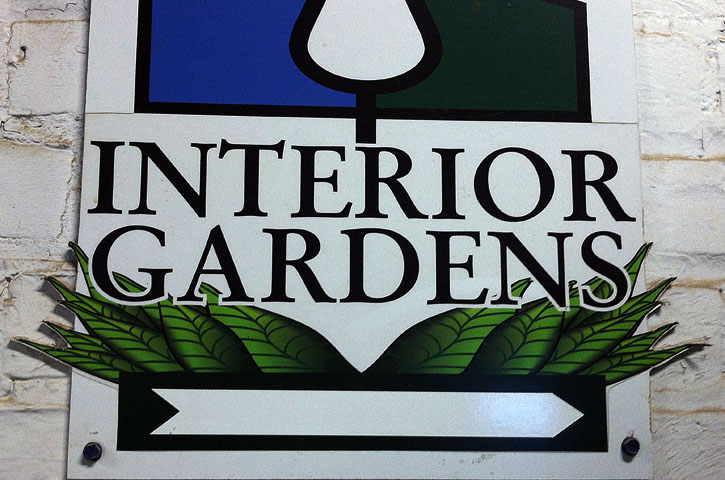Having a spouse die is much different than losing them to divorce. For example, when your spouse dies, you don’t fall apart because you are missing them horribly and at the same time imagining them enjoying themselves with someone else and not missing you at all. When those thoughts hit me, I tell myself, “It doesn’t matter. It’s not a reflection on my worth. I am loveable. I am! I am! I am!”
In “A Grief Observed”, Lewis says, “There are moments most unexpectedly, when something inside me tries to assure me that I don’t really mind so much, not so very much, after all. Love is not the whole of a man’s life…I’ve plenty of what are called ‘resources’. People get over these things…Then comes a sudden jab of red-hot memory and all this ‘commonsense’ vanishes like an ant in the mouth of a furnace.”
(pg 7-8)
Gotta appreciate that last simile or you do if you’re a writer… And it is what it’s like. I’m thinking, “Yeah, I’m okay. I’ve got all these plans to go forward with. I was feeling so excited about this year and so thankful and happy. I can be there again.”
Then the memory of H proposing, of holding each other after Willow was put down, of picking out Java, of making out in the parking lot at work, of finding our house and both looking around at the beauty of it and not believing it was ours, the cruise we took, lounging in the pool with the music and a beer, all the jokes and laughter, I could go on and on. So many wonderful moments.
Of the grief over the loss of his wife, Lewis writes, “On the rebound one passes into tears and pathos. Maudlin tears. I almost prefer the moments of agony. These are at least clean and honest. But the bath of self-pity, the wallow, the loathsome sticky-sweet pleasure of indulging it — that disgusts me…Give that mood its head and in a few minutes I shall have substituted for the real woman a mere doll to be blubbering over.” (pg 8)
Can totally relate to this. The self-pity is disgusting and brings me farther into self loathing. I have thoughts such as, “I am a total reject. Even my parents didn’t want me when I was born.” Or “H doesn’t love me because I am not loveable.”
I have had a survival tactic much of my life to protect myself from the inevitable rejection — “I’ll just hold you at arms length until you have absolutely proven you are not going to hurt me.” I stopped doing that quite awhile ago, realizing it was causing not preventing the rejection, and I was hurting myself as well as other people by doing that.
Lewis goes on to describe how wonderful his wife was and how loving their relationship was. Ours was at times, but not to the same depth. I think it could have been that way if we’d paid more attention, if we’d continued some of the things we did early in our relationship.
I used to ask H to tell me one new thing about himself and I would do the same before we went to sleep. Then we got busy. This sort of thing starts to seem silly or you think you’ve run out of new things to say, but there are always new things to be discovered about your spouse if you take the time. Or we could have just stated one thing we were grateful for, or one thing we wish the other would say or do for us and then actually say or do that thing for that person. You have to consciously do something to keep the communication and tenderness going.
Lewis then asks, “Meanwhile, where is God?…When you are happy, so happy that you have no sense of needing Him, so happy that you are tempted to feel His claims upon you as an interruption, if you remember yourself and turn to Him with gratitude and praise, you will be–or so it feels–welcomed with open arms. But go to Him when your need is desperate, when all other help is vain, and what do you find? A door slammed in your face, and a sound of bolting and double bolting on the inside. After that, silence.” (pg 9)
I’m not sure how people who don’t believe in God or some form of “higher power” get by, especially at times like this. Of course, because of my need at this time, many say that religion is merely a crutch for weak people who can’t make it on their own. Well, I admit that I can’t make it through this by myself. I can’t do the things I need to do without my faith in God.
Sure I have family members that are trying to help me from many states away and friends who try to comfort me and keep me occupied, but they can’t be by my side at all times. Nothing they say or do is enough. My faith is what gets me up in the morning and carries me through the day.
Lewis writes that, “I sometimes think that shame, mere awkward, senseless shame, does as much toward preventing good acts and straightforward happiness as any of our vices can do.” (pg 12)
Shame and guilt have been a shadow following me around for a long time. And this latest failure, my marriage, feels like the last nail in the coffin.
Why do I blame myself so much? Where is H’s accountability? H says neither of us are bad people, that divorce happens to 50% of marriages. So that makes it okay? We failed each other. Both of us need to be accountable for that. But the shame and guilt don’t do me or anyone else any good. Lewis is right. It just prevents me from enjoying my life. And I do mean to enjoy my life, whatever it turns out being.
I haven’t written in my journal or done any drawing since I heard the words, “I’m filing for divorce.” I need to get back to those things. Especially the drawing since that forces me to slow down and notice the life around me, to observe and appreciate it. I do have many things to be thankful for and will keep my focus on that.





Good for you Mary, for getting back to some of the things you enjoy and that make you…you. When I went through my divorce, I did not have any sort of faith…in anything but my self, so when that(me) fell apart…I had nothing. A big hole took my place on the earth while I disapeared into anger, resentment…did I say anger…(have a mentioned how bitter I am : ) )
Anyway, it has been my growing faith in Jesus that has made me expand into grace. Sometimes I can feel so full. It doesn’t mean I don’t still have problems…it just means that I no longer have to take all the hills in life, alone.
Mary- Thanks for sharing your process with us. You write so eloquently. It sounds as though, from your description of your early relationship, that a great capacity for love has been opened in you. I know right now you’re in incredible pain and have to go through this sucky horrible divorce, but I have a hard time believing that space in you would be created only to be left unfilled. Hang in there hon.
A wise counselor once told me that self-blame is a way of trying to claim that you actually had full control over something. Since going through that awful phase in my life, I have, at least, learned that I can’t control many things. And, I’ve learned to nix the self-blame (when I catch myself). Maybe this realization about self blame will help you too.
You’re right – H has at least 50% responsibility if not more.
I can tell that you’ll find your way into a new and happy life. Your spirit seem irrepressible.
I didn’t get a chance to comment on your last post – but your photo of Java holding Luke’s line was hysterical!
Thanks all of you for your support. It means a lot.
Lynn-It’s hard not giving into anger and bitterness. Self-pity is another big one. I catch myself saying things like “I’m losing everything!” I’m not losing everything. I have friends, family, my health, a job, my animals and God. I’ve got a lot really.
Sue-You have a great way of making me feel better, both through what you write on your blog and comments you send to me. Thanks.
KB-Good advice on the self-blame. I sure don’t seem to have much control right now so I’m just trying to let things unfold as they will.